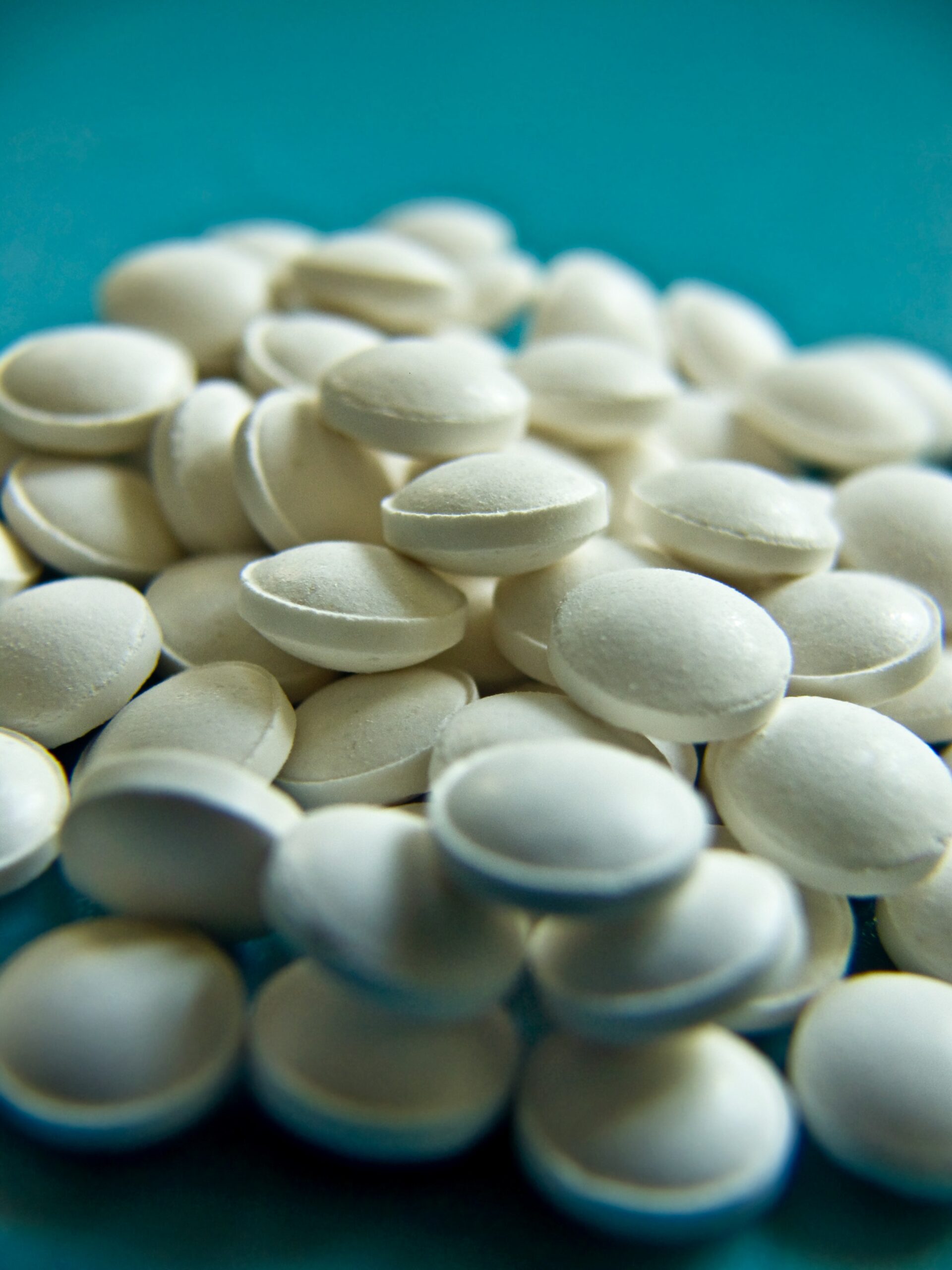In the captivating saga of human evolution and scientific discovery, the brain stands as our ultimate frontier, holding the keys to our intelligence, creativity, and cognitive prowess.
While we’ve long associated creatine with boosting muscular strength and athletic performance, it’s time to unveil a hidden gem of its multifaceted benefits the incredible impact of creatine on our most prized possession, the brain.
In this cerebral exploration titled “Why is Creatine Good for Your Brain,” we embark on a journey beyond the brawn, delving into the profound ways in which this unassuming compound can potentially supercharge your mental faculties, enhance memory, and fortify your cognitive armour.
Buckle up as we unlock the door to a world where creatine transforms from a gym staple into a neuro-nourishing elixir, empowering you to unlock the limitless potential of your mind.
How Does Creatine Affect Our Brains?
While creatine is primarily recognized for its benefits in the realm of muscle growth and athletic performance, emerging research suggests that it might also have a positive impact on brain health and cognitive function. Here are some unique insights into why creatine is good for your brain:
Enhanced Cognitive Performance: Creatine’s role in energy production extends beyond the muscles. The brain requires a substantial amount of energy to function optimally, and creatine plays a crucial role in providing this energy. By increasing the brain’s supply of readily available energy, creatine may support better cognitive performance, especially during tasks that require quick thinking and problem-solving.
Improved Memory: Several studies have explored the potential of creatine to enhance various forms of memory, including working memory and short-term memory. This improvement in memory function could be attributed to creatine’s ability to maintain cellular energy levels in the brain, allowing it to operate efficiently even under challenging conditions.
- Vitamin D Shocking Benefits For Mental Health
- Will Getting Enough Vitamin D Help With Sleeping?
- Does Vitamin D Supplements Boost Testosterone
Neuroprotective Effects: Creatine possesses antioxidant properties, which can help protect brain cells from oxidative stress and damage caused by free radicals. This neuroprotective aspect of creatine may have implications in reducing the risk of neurodegenerative diseases and age-related cognitive decline.
Mood Regulation: Some research has suggested that creatine supplementation might have a positive influence on mood and mental well-being. It appears to modulate neurotransmitters in the brain, such as serotonin and dopamine, which are involved in mood regulation. This could potentially benefit individuals dealing with conditions like depression and anxiety.
Neurological Conditions: While ongoing research is exploring the therapeutic potential of creatine for various neurological conditions, there is some evidence that it may be beneficial for conditions like Parkinson’s disease and Huntington’s disease. Creatine’s neuroprotective properties and its role in maintaining cellular energy levels make it an intriguing subject of study in this context.
Combination with Other Nootropics: Some enthusiasts of cognitive enhancement, or “nootropics,” have explored creatine as part of a stack a combination of supplements to boost cognitive function. When used alongside other brain-boosting compounds, creatine may synergistically enhance its cognitive benefits.
It’s important to note that while the initial research on creatine and brain health is promising, more studies are needed to establish its full range of cognitive benefits definitively.
As with any supplement or lifestyle change, it’s wise to consult with a healthcare professional before adding creatine to your routine, especially if you have underlying health conditions or are taking other medications. However, the emerging evidence suggests that creatine is not just a friend to your muscles but potentially a powerful ally for your brain’s vitality and performance.





